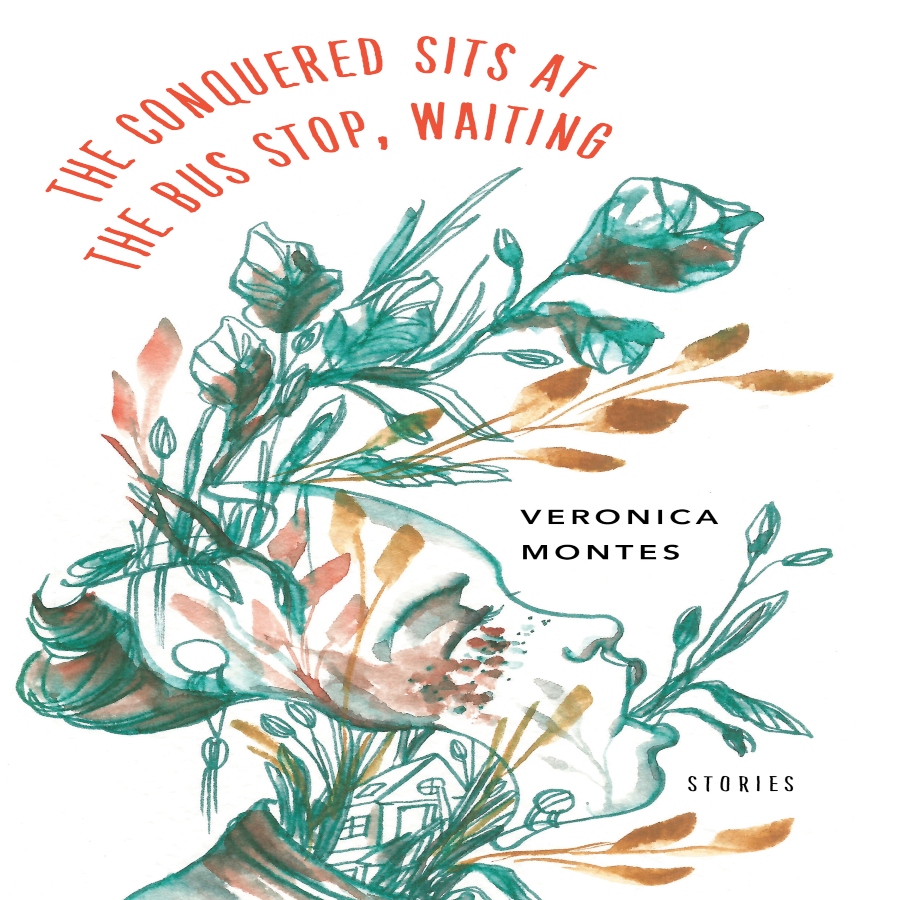Fractured: What excites you about writing flash fiction/ Are there any limitations to the form?
Montes: For me, flash is often about exploring life’s small moments, times when not much seems to be happening, and yet…everything is happening. And so I’m excited by the challenge of trying to give these moments the attention they deserve. By this I mean a beginning, middle, and end, a sense of before and after, whole characters, and a touch of lyricism. The challenge of trying to achieve all of this in under 1,000 words is what I find exciting about writing flash.
As for limitations…what are those?! My fellow flash writers are dazzling me with their experiments and derring-do. While I have yet to push the limits in my own work, they’re providing plenty of inspiration.
Fractured: What normally comes first in your writing process? Image, language, a voice? Titles or a first line?
Montes: My process almost always starts with a snapshot-like image. And then I try to puzzle out why the image came to me or sticks with me. Why these deer feeding from an apple tree? Who is this woman sitting in the dirt? Where is this little boy going, all alone, with that look on his face? Despite my mother hissing, “Veronica stop staring,” into my ear while growing up I have remained, like most writers, extraordinarily nosey (though perhaps more discreet now). One of my favorite things is to observe someone while my train is pulling away, and they’re waiting on the platform. Once on a snowy day in Virginia, I saw a man in a work jumpsuit sitting on the ground with his lunch box beside him, and he was just so weary. This was probably twenty-five years ago, and I’m still waiting to put him in a story. Said story will also feature…soup. I think.
Fractured: I’m in love with cover art/ How do you think it helps contribute to the themes of the book? What was the process like working with Black Lawrence press?
Montes: I love my chapbook cover art, too! Black Lawrence Press was very open to input, so I did what I did for my full-length collection: turned to the Filipino/American Artist Directory. As soon as I saw Mary Jhun’s work, I knew I’d found the right artist. I felt like this painting, “The Young House,” spoke to the rich interior lives of my characters, of their attempts to speak and be heard, of both triumph and failure. Black Lawrence Press is terrific: they have an author handbook to walk you through the entire publication process, and they offer a pre-sale incentive program, plus plenty of support for readings, reviews, etc.
Fractured: How did you decide which stories made it into the chapbook?
Montes: I wanted to create a timeline of sorts, so I chose pieces that told the story of a woman at eight different points in her life (alternately, they can be read as stories about eight different women), from adolescence to elder status. The stories are similar in tone, and they’re all flash, so I wanted to include one piece that was longer (in this case, just under 1,000 words) and had—to me, at least—a completely different feel while still keeping with the themes. I placed that one in the middle and called it an interlude.
Fractured: A lot of these stories feel like allegories. Is that something you focus on when writing/ Is allegory another way of conceiving fairy tales? How did you make these stories so personal, so active?
Montes: I’m asked this question a lot, and I’ve never answered it to my satisfaction. So once more unto the breach: I wish I could be the kind of writer who understands what they’re doing while they’re doing it, but I’m just not. I’ve only consciously written a fairytale once (it’s not even finished; I’ve been writing it for years!), yet many of my stories end up, more or less, in that space. I just write what comes to me without trying to force anything, which is how I think I often end up in a dreamy kind of place. When editing, I look for the point in the story that makes me the most scared or uncomfortable, and then I drill down a little. It’s kind of like pressing on a bruise. Maybe this is what you’re sensing as personal?
Fractured: I love how evocative your titles are, how they are rarely one word! Do titles come naturally to you?
Montes: Thank you! As flash writers we’re hyper-aware of every word, image, and a bit of dialogue; most of it has to do double-duty. So I think flash titles should work just as hard! I find that my titles are often a piece of information that I wasn’t able to include in the text itself or, more generally, an attempt at additional clarification. For example, I wrote a flash that was a little confusing because it featured four characters, but was only 240 words. It received a few good rejections before I realized that the title was contributing nothing—less than nothing, to be honest—to the piece. I changed it to clarify the cast of characters, and it was picked up the next time out by a publication I’d never been brave enough to submit to before. If anyone is curious: “The Alchemist, His Daughter, Their Two Servants” in Wigleaf.
Fractured: What are you waiting for? What would end your waiting?
Montes: There are so many ways to answer this question in these fraught times, but I’m going with the eradication of margins. I’m waiting for zero margins, and I think the end of white supremacy will be the beginning of the end of my waiting.

